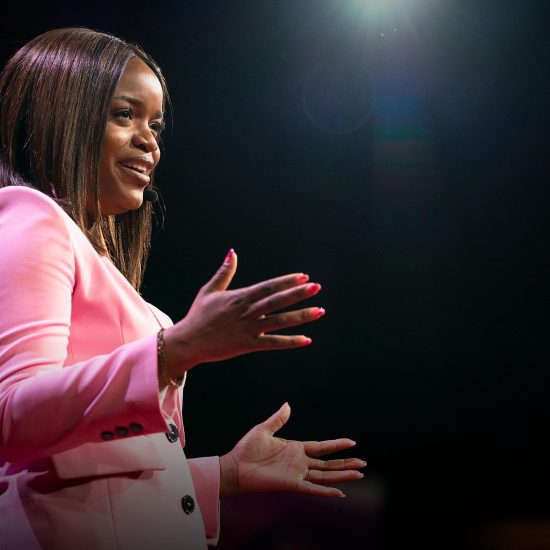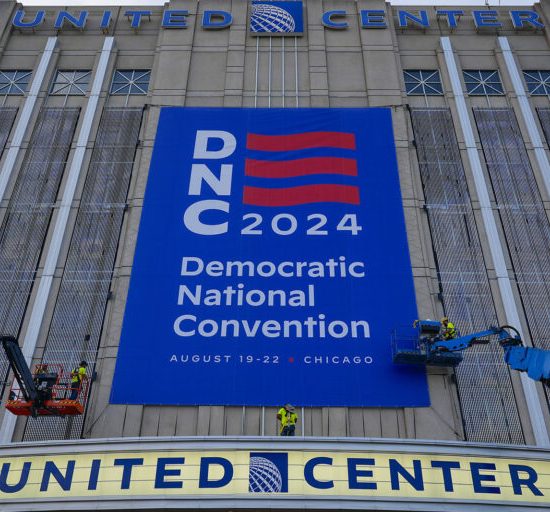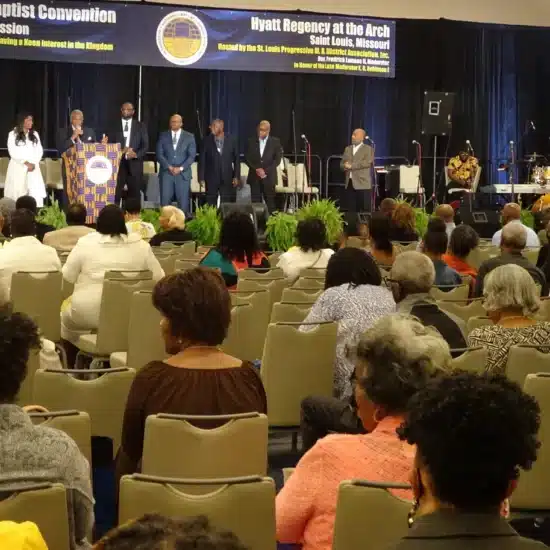Local crises do not necessarily attract universal interest, even among people of faith.
Ferguson seems to have done that. Responses among Baptists of differing stripes have not necessarily brought those Baptists together. But the responses have some similarities. And the groups appear to be working toward the good of a community wracked by mistrust and pain.
I am aware of days of prayer that have focused the attention of St. Louis-area pastors and others upon the work of the St. Louis County Grand Jury that chose not to issue an indictment in the shooting death of 18-year-old Michael Brown by Ferguson Police Officer Darren Wilson on Aug. 9.
Those sessions have included prayer for the peace of Ferguson in the wake of violent protests and confrontations with authorities in the days following the shooting and in anticipation of the grand jury’s release of its report on Nov. 24. Participants have acknowledged the need of the entire community for Christ.
Other Baptists have focused energy upon strengthening cross-cultural relationships already in place to effect concentrated dialogue to bring change in systems and services that have needed either tweaking — or overhaul — not only in Ferguson but in other communities. They have seen the potential for the unity of people of faith to advocate for a framework for peace and reconciliation in local communities for every citizen.
They, too, see Jesus as the hope of peace and reconciliation.
To be sure, citizens and observers find themselves on opposite sides in the consideration that took a grand jury three months to work through. For many, the divide is along racial lines. However, the vast majority refers to the confrontation that led to the shooting of an unarmed teen by a policeman tragic, regardless of how they interpret the circumstances of the late-morning encounter on Nov. 24.
The faithful are trying to do what Christians do in such circumstances, including comforting the grieving, in this case not only the Brown family but also the whole community, particularly blacks and their families. Many have reached out to law enforcement, which has found itself under fire in the wake of the shooting.
Many in the faith community have pushed for justice for a large segment of the community that feels it has tended to be targeted more readily than others by police because of race. This is hardly a charge limited to residents and law enforcement in Ferguson. These people of faith are pushing for a dialogue that may be confrontational, but one that might bring the kind of change that could improve both law enforcement and the confidence and security of the citizenry.
A generation ago, we might have referred to such community-changing endeavors — ministry, if you will — as faith in action or love in action. More than religious words, action- and love-based faith has teeth. It gets noticed and it encourages positive results.
Such efforts are usually long-term. It takes time to produce worthwhile results, and it takes even more time for new approaches and systems to really take root and effect changes in attitudes and relationships. But places like Ferguson and its residents are well worth the effort.
Bill Webb is editor of Word & Way.






